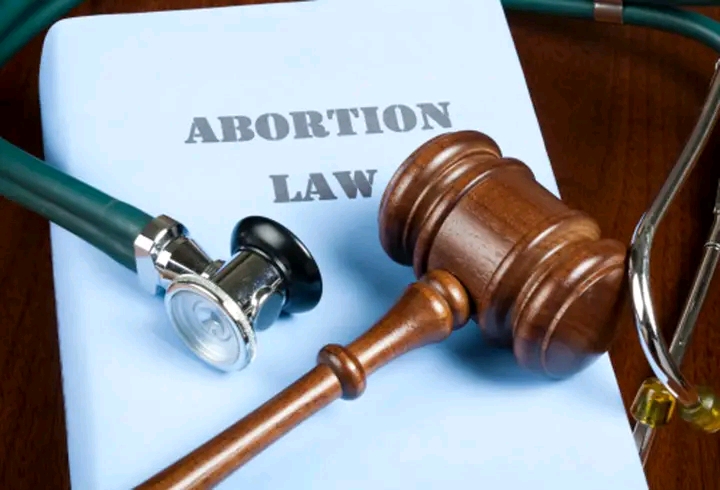“No woman can call herself free who does not control her own body.”
— Margaret Sanger.

In Malawi, a deeply conservative and religious nation, the mere mention of the word “abortion” is met with condemnation. To speak of “safe abortion” is to invite stigma.
People ask, “Who are you to suggest a woman should control her own body and destiny? How dare you fight for rights that another woman wasn’t born entitled to?”
This is the prevailing attitude toward safe abortion in Malawi.
But we must confront the uncomfortable truth: access to safe abortion—and the suffering caused by restrictive laws—falls hardest on those with the least.
The divide between the rich and the poor is evident in every aspect of life: education, healthcare, and access to information.
In Malawi, wealthier suburbs lie next to impoverished villages, and the experiences of girls living just miles apart can be worlds away.
For many families, poverty is a harsh reality, and educating their children is a heavy financial burden. When forced to choose, parents often prioritize the education of sons over daughters, leaving young women with fewer opportunities and even less autonomy over their bodies.

Ten years ago, I found myself at a crossroads. I stared down at a pregnancy test, two blue lines staring back at me, and felt the weight of my choices.
In that moment, I knew what I had to do. At the clinic, I was presented with options, and though uncertain of what to expect, I made my choice.
Years later, I met a young woman named Lonjezo. She was looking for work, and I needed help managing my life as I transitioned into adulthood. We connected instantly, our spirits aligned. During one of our many conversations, she revealed she was pregnant.
As we spoke, she confided that she wasn’t ready for another child—she already had a four-year-old son. She knew what she needed to do but couldn’t afford it. I remembered my own situation all those years ago and asked myself, “What if I hadn’t had the money? What if I didn’t have the support?”
A few days later, Lonjezo told me with a heavy heart that she couldn’t afford a safe abortion and planned to visit a local herbalist instead. I knew what that meant.
Later that week, I gave her the money she needed to access safe care. Was I proud? I’m not sure. But I was proud that I could help another woman make her own decision.

The reality we must face is that in Malawi, discussions around safe abortion are often avoided, but access to it is undeniably linked to wealth.
Those with financial means can access this service discreetly, regardless of the law.
So, I ask you: Is it fair for some women to have control over their bodies, while others are left with no choices at all?
September 28th marks International Safe Abortion Day. It is a global moment where activists unite to demand universal access to safe and legal abortion as essential healthcare and as a human right.


